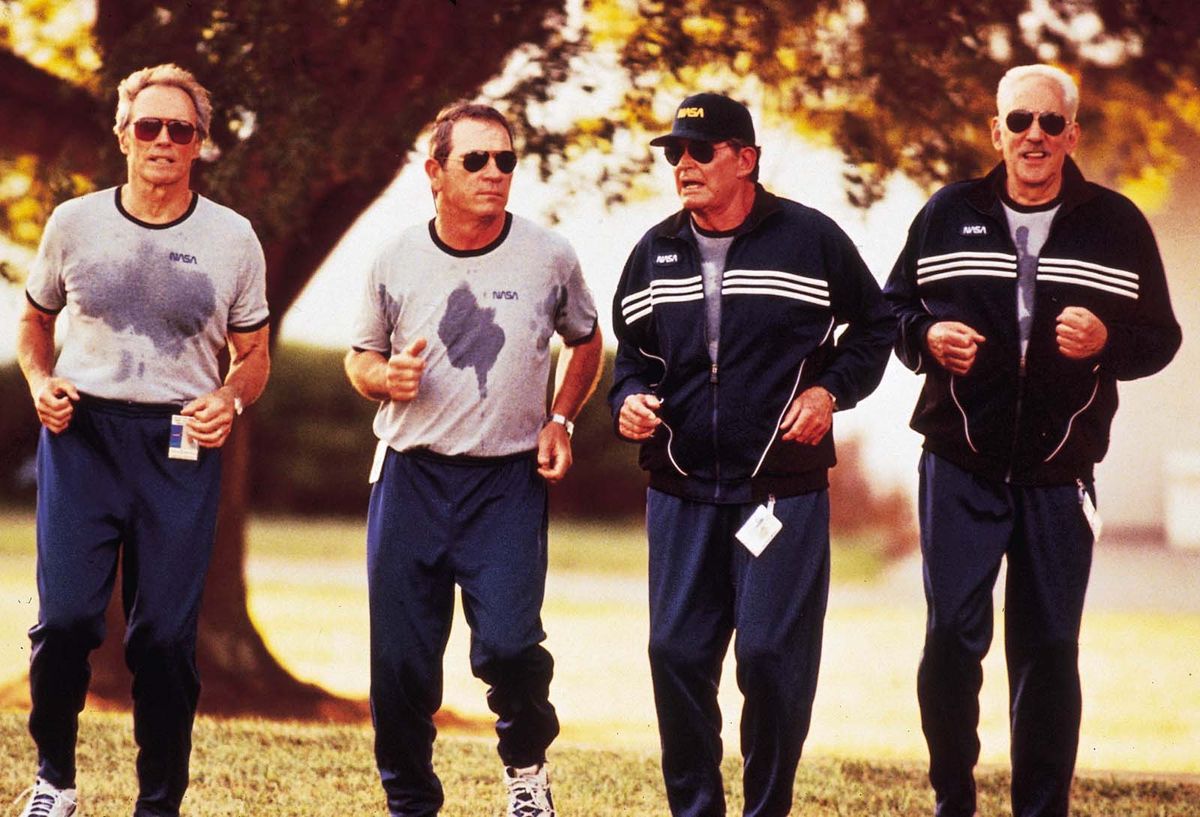


Plus, we were able to overcome a lot of problems, thanks to Mission Control. We practiced landing over and over, and over again – practicing "How do you recover from this?” and “How do you recover from that?" All the emergency procedures and all of the normal procedures, we just did over and over, and over again, so it's just frozen in your mind, if you will. As you said, I spent 2,000 hours in the simulator, most of that in the lunar module. If you didn't do it the same way every time, you'd get all lost, "What happened to my glove?" Repetition and training in events like that was very, very important. You had to put your gloves here, and helmet here, and everything like that. We probably practiced 20 times in the lunar module just suiting up.
#Space cowboy full
With 2000 hours of simulator training (landing module and command module), as well as hundreds of hours of experiment training (including 500 hours of geology training in full suit), how did you overcome monotony and remain focused on the task at hand?ĭUKE: The thing that keeps you focused is the fact that you better do a good job or you'll kill yourself, so training wasn't taken lightly. We're ready to go."Īs you prepared for Apollo 16, you had a grueling training regimen. If I was anxious about anything, it was about, "Let's go. and all that training goes down the tubes. Of course, in that month, you could break a leg, they could cancel the flight, etc. Please, keep counting." Fortunately for us, we lifted off right on the second, but with the Apollo launches, I think you only had four hours to get airborne each month and if you didn't get launched in that four-hour window, you had to cancel for a whole month until the moon rotated back into the proper position for your landing. What I was thinking about mostly was, "Please, keep counting. I'm ready." We get into the spacecraft on launch morning a couple of hours before liftoff. As we got closer and closer, I found it was just a feeling of, "Let's go, let's go. The anticipation is what I focused on, and I wanted to make sure I’d learned my job – learn all the procedures, memorize checklists, everything like that so my focus was on my training and being prepared to go. But they had to postpone the flight until April, so they gave me another month to get ready. I was hoping I'd get well and get back into shape so they wouldn't bump me off the flight, so there was a little anxiety there. We were originally supposed to launch in March, I believe. The only time I was anxious was when I caught pneumonia during the first week of January 1972. How did you manage to stay calm and focused on the mission and not allow the excitement, or even anxiety, to get the better of you throughout the process?ĭUKE: Training for the mission increased our excitement, but the excitement was focused on getting airborne and doing the job that we were assigned to do. The anticipation of going to the Moon must have been intense.


 0 kommentar(er)
0 kommentar(er)
